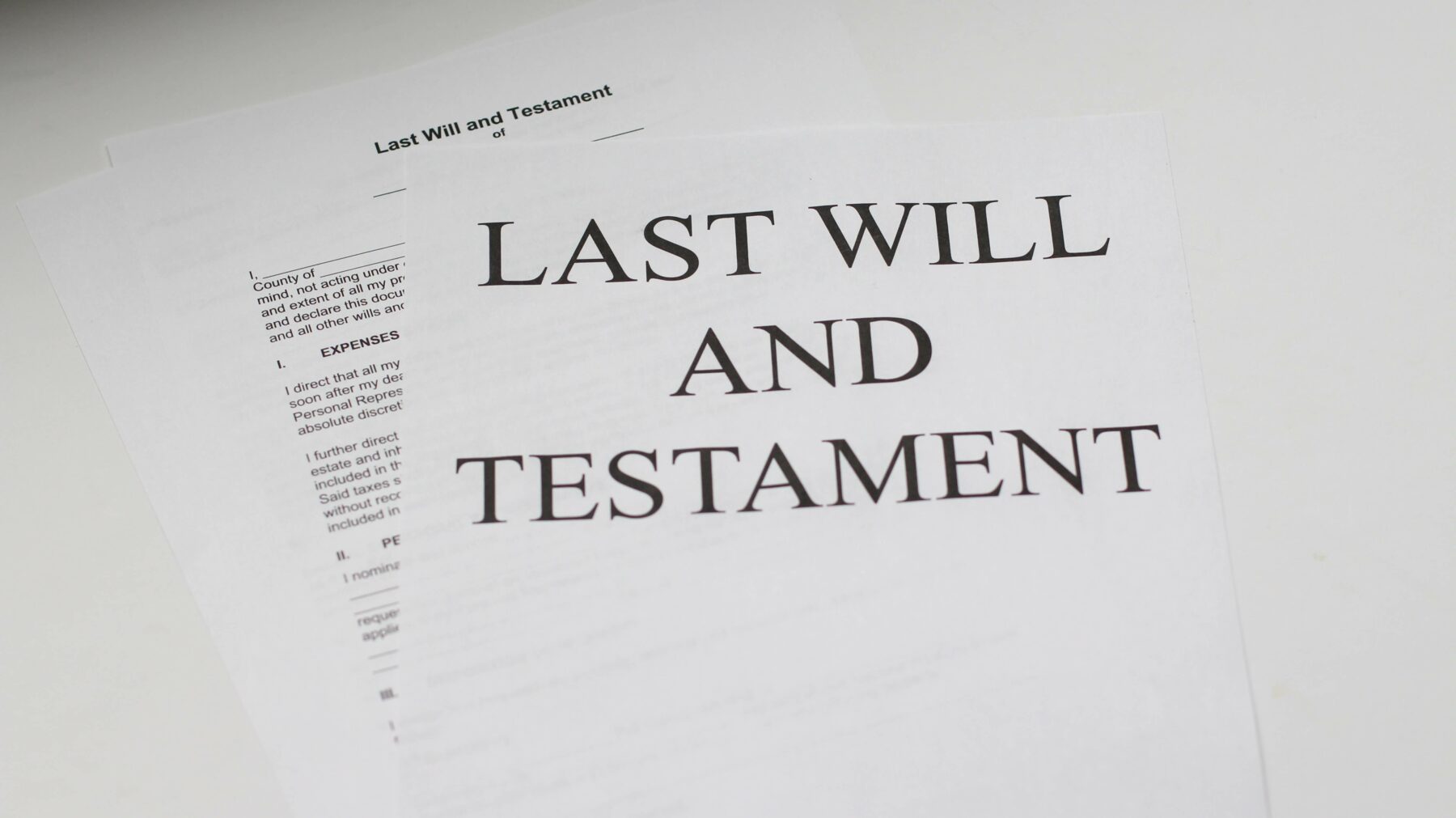We often encounter the question – “who can you name as a beneficiary in your Will?”. While most of the time the answer is “just about anyone you want” the full truth of the matter is a little more complicated.
It is possible to name a minor as a beneficiary in a Will, however, passing assets on to a person who is under 18 years old is more complicated than it may seem. Ensuring that your dependents (especially ones who will be minors for years to come) are taken care of is important. This article will explain all the information relevant to protecting the interests of a minor in your Will.
Can a Minor Be Named a Beneficiary?
While the answer is technically yes, the more relevant fact is that anyone under the age of 18 lacks the legal capacity to accept any kind of gift under a Will. This means that a minor can indeed be named as a beneficiary or heir, but they will not actually be able to accept any assets bequeathed to them until they turn 18 and gain their full rights as an adult.
If you name a minor as a beneficiary in your Will, a trust automatically arises which will hold and control the assets in question until the Minor comes of age. In addition to the trust, you must also appoint two adults to act as Trustees to handle and maintain the trust. When appointing a Trustee, the creator of the Will (often a parent bequeathing assets to their children) can also state specific instructions and conditions for how the funds should be invested, spent, or saved.
It’s also worth noting that 18 is not the only age that a beneficiary can inherit assets from a Will. A trust can be set up in such a way that the assets it holds do not become available until the beneficiary reaches a particular age specified in the Will. Often parents stipulate the age of inheritance at 21 or 25 to ensure their child does not squander their wealth while still at a relatively immature age.
Choosing What Kind of Trust to Establish
As you might expect, Will-writers have some options when setting up a trust to care for their assets. The main options available are a bare trust, a discretionary trust or a contingency trust.
Bare Trust
A bare trust is the simplest option, the equivalent of an outright gift with strings attached. When a minor has been named in a Will the assets are placed into an automatic trust which is managed by the trustee for the minor.
In this arrangement, the minor will receive the full assets given to them as soon as they reach legal majority at age 18. If the beneficiary outlives the person who passed on the wealth, but dies before they reach 18, go to the estate of that minor.
Contingency Trust
As the name implies, a contingency trust places more rules and restrictions on the person inheriting wealth. The most common contingencies are age-related, not allowing the beneficiary to inherit until they reach an older age point, often 21 or 25. In this case, if the beneficiary should die before reaching the specified age, the assets would go to an alternative beneficiary or back to the estate.
Discretionary Trust
A discretionary trust is unique in that it gives the trustee absolute discretion on how to apply, invest, or pay out funds from the trust on the beneficiary’s behalf. This kind of option allows the trustee to freely access and use the capital available for the trust to cover significant expenses that may come up before the beneficiary turns 18, such as buying a car or covering educational expenses.
Although this kind of trust can be important and helpful in raising a young child whose parents have passed away, it’s important to take steps to prevent abuse of the Trust. When writing a Will, the Trustees are liable for any losses which arise especially if they do not take professional advice when making investments or looking after the Trust assets.
Trusting the Right Legal Professionals
Writing a Will to cover the needs of your family and loved ones after your passing is one of the most important things a person can do in their life. While it’s possible for a careful and thorough researcher to make a Will on their own, it’s all too easy for a non professional to make a mistake that can affect the passing of their assets on to their heirs.
That’s why so many people have been trusting Elizabeth Middleton Solicitors. With more than 10 years of experience in helping the community with issues like Wills, Probate, and Equity release, we are here to defend your interest and secure your legacy.










